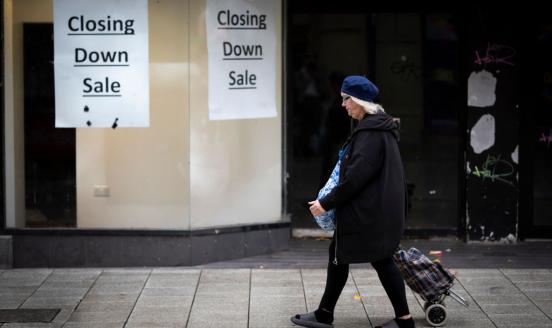Navigating the treacherous political economy of structural reform
In setting economic policy, politicians should pay attention to the latest economic data and to when they next need to face voters at the polls

We examine the economic and electoral effects of liberalisation measures using newly-constructed databases on structural economic reforms and the outcome of democratic elections since the 1970s. The data shows a remarkable slowdown in the pace of liberalisation in both advanced and emerging market and developing countries since the 1990s. A debate has emerged about the causes of this slowdown, including the possibility that reforms do not deliver the economic benefits that advocates, including the multilateral financial institutions, trumpeted. Some have pointed to the fact that the current and previous United States administrations have abandoned neoliberal policies in favour of more government intervention in the economy, and the effect has been globally contagious.
Our empirical analysis suggests that the growth dividend from liberalisation is economically and statistically significant, but it emerges only slowly over time. Because of this delay, liberalising reforms are costly to democratic incumbents when they are implemented close to elections. Reforms may generate immediate concentrated losses, which elicit an electoral backlash, especially when the aggregate gains are only visible several years after the reform’s implementation. The electoral penalty is also sensitive to overall business-cycle conditions, being much larger when an economy is in recession. Electoral effects also differ depending on the type of reform. Notably, financial reforms generate more perceptible growth-equity trade-offs than real-economy reforms, especially when implemented during weak economic conditions.
The political economy of reform is treacherous. To avoid adverse electoral effects, timing reform early in the electoral term and when business-cycle conditions are favourable is critical. So too is avoiding reforms that generate large distributional costs in the face of small aggregate gains (an adverse growth-equity trade-off). Focusing on these considerations is critical to reinvigorate support for structural reform.



